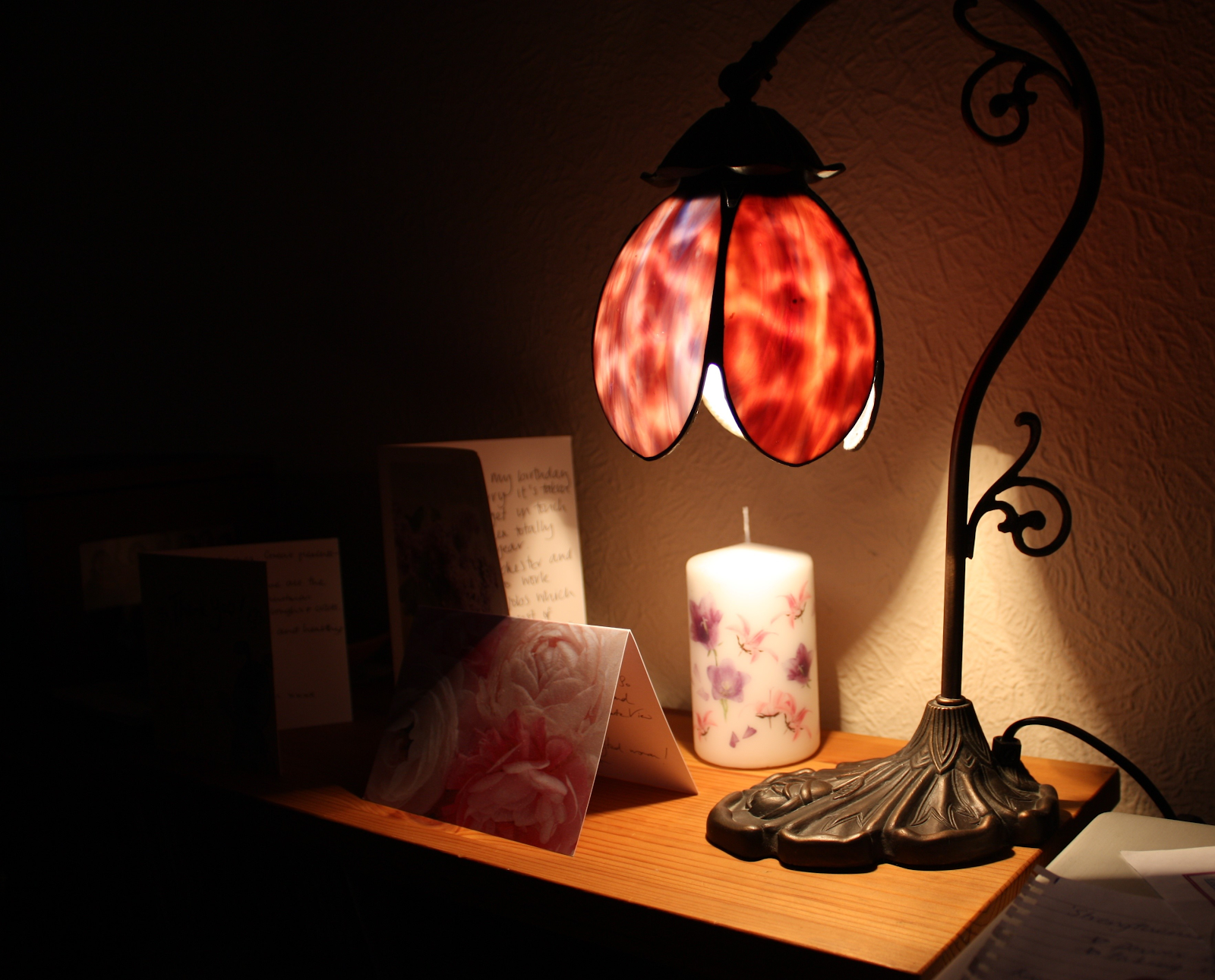A Special Look at Tiffany Lighting and Some Background | GWGOutlet
Even if you haven't yet given Tiffany lighting a name, chances are you already know what it is. Tiffany lights may have formerly been present in your house or possibly in your grandparents' house.
If you still have a little trouble remembering what Tiffany light fixtures are, these are lamps (often table lamps) with colourful stained glass shades that have varied regular or irregular forms to create geometric prints or objects like flowers, dragonflies, or grapes. These fixtures may have squares or rounded-off shades with occasionally a squiggled edge. Are these fixtures familiar to you yet?
We're about to delve into the fascinating history of these magnificent lamps, even though Tiffany lighting isn't as well known as it once was and is frequently considered ancient. To familiarize you with these fixtures and reacquaint you with the beauty Tiffany lights have to offer, let's first have a look at some stunning images of Tiffany lights, both modern and vintage.
Tiffany ceiling sconce
Tiffany lighting is also available as a ceiling sconce for those who adore Tiffany table lamps but don't want to deal with setting them up on a table or run the danger of knocking them over. Sconces give a similar shade design to table lamps, but with a different installation location. They do, however, disperse light differently than table lamps.
In order to bring the ideal amount of femininity to an interior design without being overly harsh on the eyes, the highlighted ceiling sconce above features an Earthy-toned background with very basic flowers. A fixture like this can thus blend harmoniously into a wide range of designs without clashing.
Tiffany table lamp
Globe or squared lamp shades, occasionally with floral motifs on the glass, are a common characteristic of Tiffany lamps. Regarding this specific table lamp, the lamp shade itself has a floral design. Most contemporary lamps today don't have the curved base and swirled decorations on the neck that provide this distinctive flair.
This lamp
gives a separate piece of glass for each petal rather than many, tiny fused cut
pieces of glass on the shade. The petals mimic the appearance of a real flower
in nature by having a water-colored appearance with an analogous colour scheme
and a modest degree of opaqueness.
Tiffany pendant lamp
To
create a rose garden landscape, this Tiffany pendant lamp uses less natural,
gentler hues and a conservative, neutral background than some Tiffany light
fixtures. The edge of the fixture has a bright, lobe-like shape if you look
closely. This is frequently done to imitate the garden-edge edging of shrubs.
Since most modern fixtures have smooth edges, many people prefer Tiffany lights
that have this edge.
This particular Tiffany pendant lamp is particularly beautiful above a nice dining table or in the foyer since it provides excellent downward lighting with a formal flair that can take the place of a conventional chandelier.
Tiffany chandelier
This subsequent Tiffany light demonstrates that these glass
fixtures may also be more traditional and less "loud" in its design,
despite the fact that many Tiffany lamps are multicoloured and frequently
feature green, blue, red, and other vibrant colours. This Tiffany chandelier is
a perfect fit for the area because of how the red and green highlights mirror
those in the actual interior design.
Also observe how this Tiffany fixture has fewer forms and lines than the first and third Tiffany fixtures we have examined. For people who enjoy glass fixtures and the designs sometimes found on Tiffany lights without the garish stained glass appearance and loud design, the simplicity may be more appealing.
The History of Tiffany Lighting
The initial Tiffany lamps were handmade by
craftsmen and required several hours to complete around 1895. After the
Industrial Revolution, handcraftsmanship was revived through the creation of
these handmade lights. Tiffany lamps became extremely popular across the rest
of the art movement by the turn of the 20th century, when the Art Nouveau style
had reached its zenith.
We at GWG Outlet have a
wide range of products from accents, rugs, furniture, home & garden décor,
patio, and wall accessories. Our products maintain a blend of modern and
traditional design that fits right into your home or apartment. We
believe in transforming your homes to their upgraded version, thereby ensuring
a good standard of living. Following our passion for transforming your home
with innovation and design.
Know more
>>
Contact
us- 754-200-6983
Email
us- support@gwgoutlet.com
Website- https://gwgoutlet.com/
Follow us
>>
https://www.facebook.com/gwgoutlet
https://www.instagram.com/gwg.outlet/
External link>>







Comments
Post a Comment